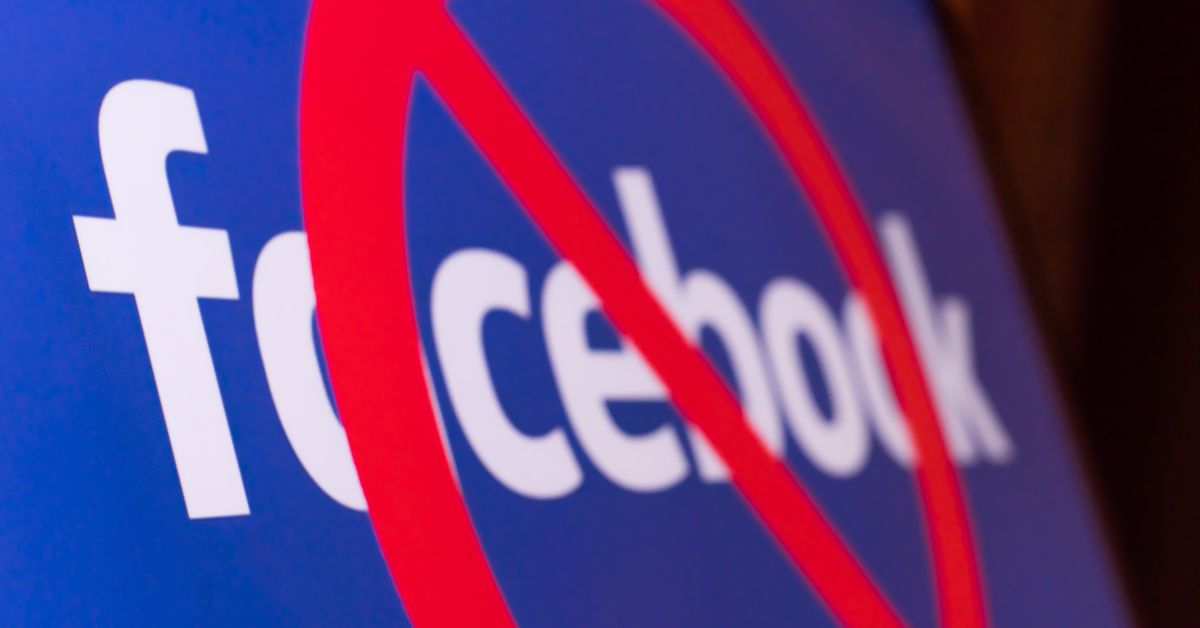On 29 May 2018, reports appeared that Papua New Guinea's communications minister planned to institute a one-month ban on the social media platform Facebook. One day later, Sam Basil denied he gave that information to the Papua New Guinea Post-Courier.
The Post-Courier reported that Basil said the month-long ban will allow the government collect information "to identify users that hide behind fake accounts, users that upload pornographic images, users that post false and misleading information on Facebook." The story was sourced by publications all over the world as an example of the ongoing fallout from Facebook's major, multiple data sharing scandals.
The next day, the paper stood by its report even as Basil claimed it was inaccurate:
Editor of the paper Todagia Kelola made this statement following accusations in Parliament by the Member for Bulolo and Communications and Information Technology Minister Sam Basil, that the paper and one of its senior reporters had deliberately distorted a statement he released in April and made up the one month shutdown of Facebook.
“The Minister’s denial using Parliamentary privilege yesterday to try to exonerate himself by saying that he did not communicate nor release any information to the Post- Courier is a blatant lie on his part.
“The report was sent in from Lae written by our Lae based reporter Benny Geteng who accompanied the Minister to his electorate for the launch of an NID program over the weekend.
“After the launch the reporter asked the Minister to give an update on the proposed Facebook regulation and that’s when the Minister stated that ‘it will take one month or so for a shutdown of facebook’ while he attempts to work out the pros and cons of Facebook, and its effects on PNG,” Mr Kelola said.
‘‘The Minister cannot blame the paper or the reporter, he as a very senior Minister of State, should know that such a major policy announcement cannot be discussed openly. He should have told the reporter that its all off-the-record, instead he discussed the issue with the reporter knowing very well that it will be published.’’
The newspaper's account appears to be corroborated by similar statements given to the Australian Broadcasting Corporation (ABC) by Basil the same day:
MPs and officials have shown a high degree of sensitivity to Facebook posts, taking bloggers to court and decrying the use of social media to criticise public figures.
But Mr Basil denied the proposed ban was in response to criticism or was a threat to freedom of speech.
"I don't think so because MPs are open to criticism," he said.
"We must make sure the criticism they are providing is factual and they must have alternatives if they are criticising a government policy."
The reported Facebook outage caused worries about censorship and motives. Opposition Member of Parliament Bryan Kramer told us in an email:
I believe the real intent behind the plan is to silence growing public criticism against the Government in relation to corruption. There is also the issue of prosecuting those who are staunch critics and running anti-corruption campaigns naming high level Government official.
Kramer told us he believes the one-month ban was meant to coincide with the 2018 Asia-Pacific Economic Cooperation summit set for later in the year, to avoid public criticism of government officials during the international event. He also said that he has "no doubt [Basil] made those comments [about the Facebook ban] off the cuff not realizing it would be published and the ramifications thereafter."
In response to our questions about discussion of a temporary ban, Facebook sent us only the following statement: "We have reached out to the Papua New Guinea government to understand their concerns."
Facebook is not widely used in Papua New Guinea, with the government estimating only one-tenth of the country's population on the social media site. However, it has also become a hub where people discuss politics and issues like corruption.
Basil has been tracking lawsuits and investigations into Facebook and psychographics firm Cambridge Analytica; in April 2018, he said the country got swept along by a wave of technology but never had the chance to evaluate issues like privacy and data security.
The move comes on the heels of scandals involving revelations that the profiles of 87 million users were given to Cambridge Analytica in the months leading up to the 2016 United States presidential election. European leaders have threatened to regulate or break up the social media giant as a result.
